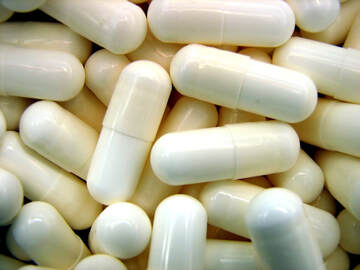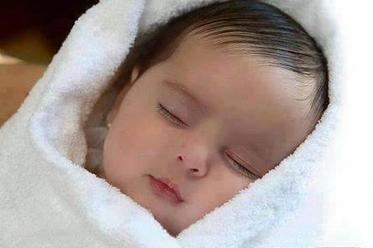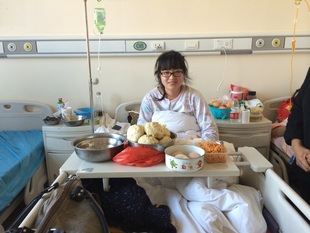
The good news is that Chinese medicine offers a safe and effective alternative to HRT. Systematic reviews and randomised controlled trials (which are the strongest types of research evidence) found that acupuncture is at least as effective as, and sometimes superior to, hormonal drug treatment.
In my clinic I regularly give acupuncture treatment to women who need help for menopausal symptoms. About 30-70% of women in Western countries will experience vasomotor symptoms (related to constriction or dilatation of blood vessels) like hot flushes or night sweats. In extreme cases they might have been experiencing these for decades. The median duration for vasomotor symptoms is about four years, but in 10% of women, they last longer than 12 years.
I see myself as walking proof of how Chinese medicine can help those transitioning through menopause, one of millions of women around the world. I manage the symptoms with regular acupuncture and Chinese medicine herbs, along with healthy food choices, regular exercise and stress reduction. And maybe more importantly, it's about appreciating this next stage in my life. Menopause doesn't have to be such a scary word. I'm older and wiser, and that brings with it confidence and serenity.
Of course I am mindful that I am fortunate to enjoy good health. To some degree it's about luck (i.e. genetics), but there's a lot that middle-aged women can do to help ourselves.
Photo credit: yochim from Free Images


 RSS Feed
RSS Feed